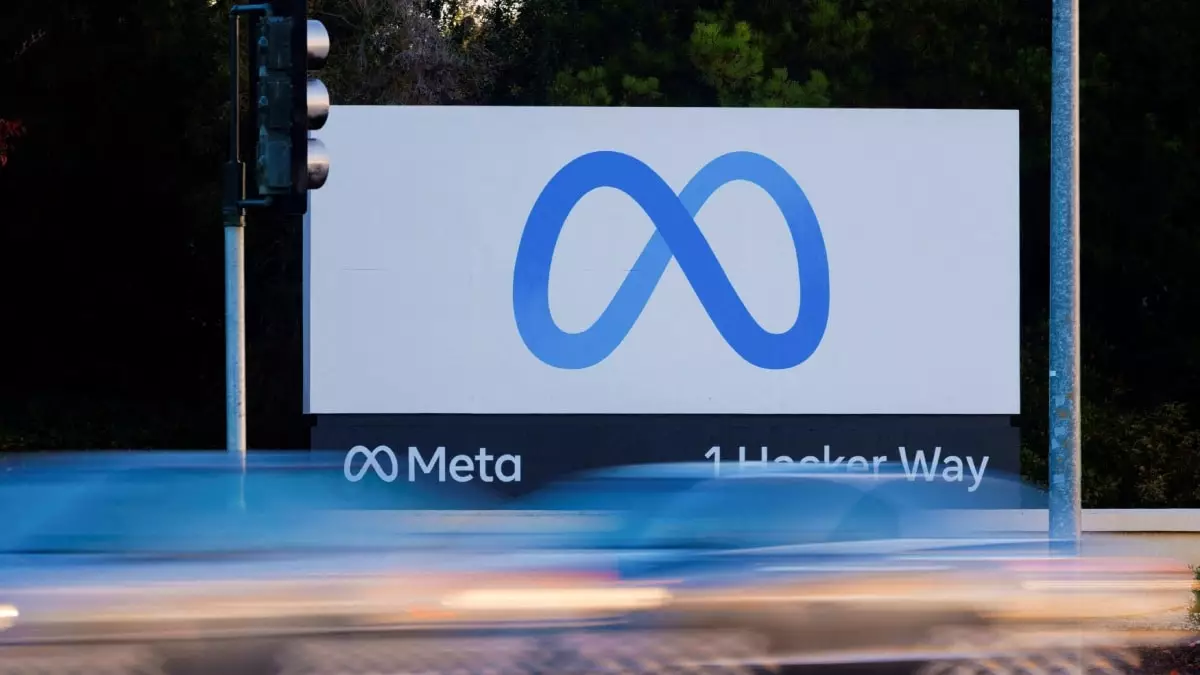Meta Platforms, once celebrated as a pioneer of social connectivity, has recently embarked on a mission that risks tarnishing its reputation: an aggressive purge of accounts coupled with promise-breaking customer support. For years, users believed that subscribing to Meta Verified would grant them a lifeline—a direct link to assistance when issues arose. Yet, reality paints a far bleaker picture. Despite paying upwards of $15 monthly in the U.S. and comparable sums elsewhere, subscribers are greeted with an unresponsive and ineffective support system. This discrepancy exposes a troubling disconnect between Meta’s marketing narratives and operational realities. The absence of tangible help—broken appeal links, robotic auto-replies, and nonexistent human interaction—renders the service virtually useless. Such failings not only frustrate individual users but threaten the trust of countless small businesses that rely on these platforms for their livelihood.
Mass Bans and Unclear Causes Fuel User Outrage
The core issue extending beyond customer service lies in the mysterious wave of account suspensions that has swept across Facebook, Instagram, and associated groups. Meta’s failure to transparently communicate causes fosters suspicion among users, many of whom believe their accounts were mistakenly flagged by flawed AI moderation tools. This automated approach, while intended to streamline enforcement, appears to overshoot, silencing genuine content creators and entrepreneurs without due process. The company’s vague acknowledgment of “technical errors” does little to assuage the fears or restore confidence. Instead, it underscores a systemic problem where AI-driven moderation lacks nuance and accountability, leaving users collateral damage in Meta’s quest to maintain platform integrity.
The Human Cost and Growing Calls for Justice
The fallout from these mass bans is severe. Small business owners, content creators, and everyday users report irreplaceable losses—years of memories, critical messages, and irreplaceable media. The financial and emotional toll is undeniable. As frustrations mount, so does the resistance; people are mobilizing for justice through petitions and even considering legal action. The ongoing change.org campaign demanding accountability from Meta underscores a larger dissatisfaction with an opaque, corporate approach to user issues. Such collective outrage not only highlights the failures of automated moderation but questions whether Meta values its users at all. With over 25,000 signatures, this movement signals a broader demand for transparency, human oversight, and genuine customer support—a demand Meta cannot afford to ignore if it wishes to salvage its tarnished credibility.

